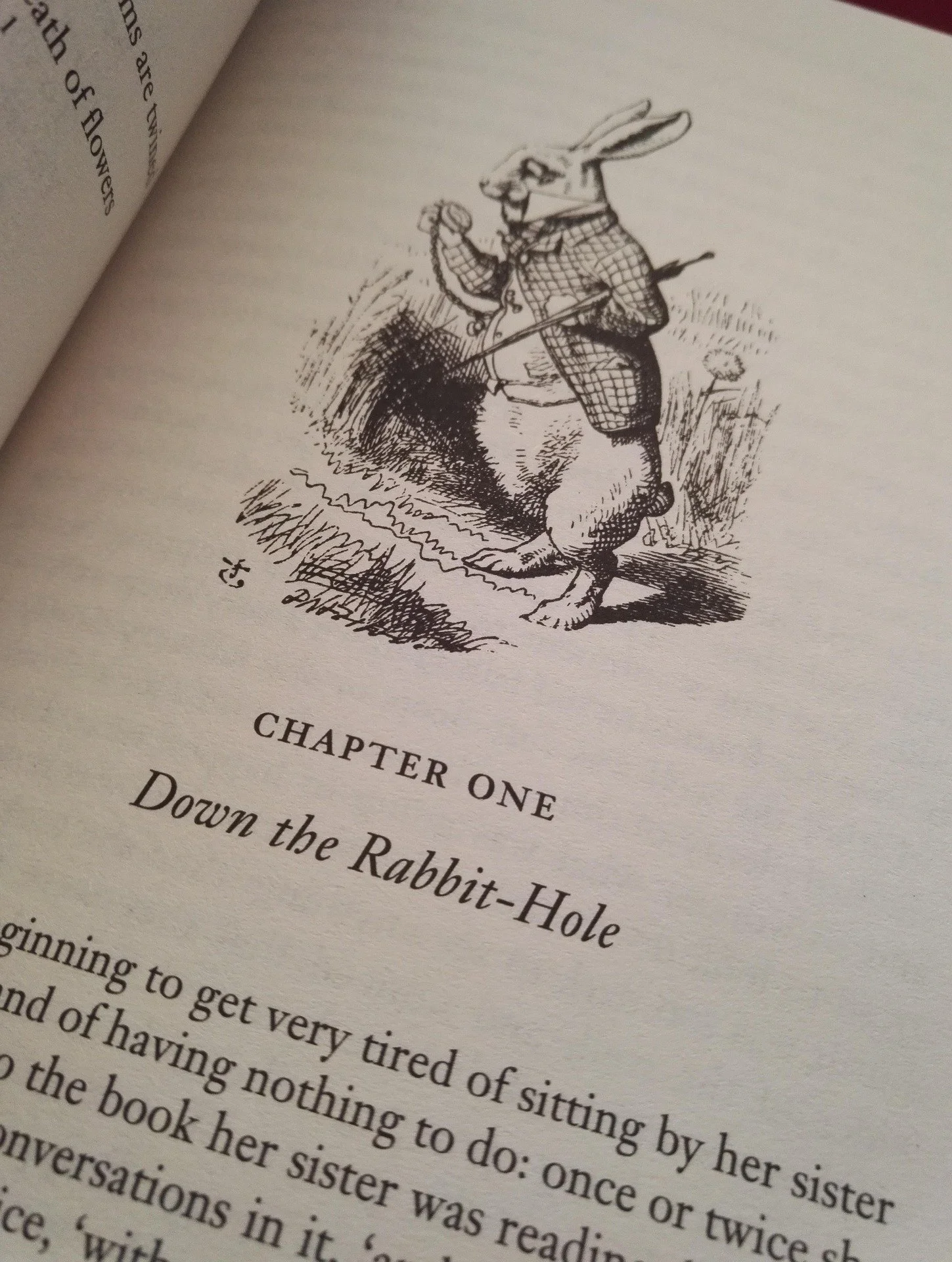The quiet courage of frank and fearless leadership
The public service ideal of being ‘frank and fearless’ meets its toughest test in today’s political climate. History, literature and leadership collide in this quiet reckoning.
It’s only a poor memory that works backwards
What do Shakespeare, Ricoeur, and robodebt have in common? A reminder that leadership is about how we remember — and what future we make from it.
The fragile power of charisma
We are living in the age of social media, where ‘influencers’ are everywhere, we have empowered and democratised narcissism. We have created a platform for charisma’s most malignant and damaging aspects.
Protecting ourselves from its more harmful effects is becoming an essential life skill.
Leading with emotion: authenticity, accountability, and the power of feeling
Authentic emotion in leadership fosters trust, ethical clarity, and connection but remains misunderstood and scrutinised.
Why leaders should embrace poetry
Leaders are crucial in combating workplace disillusionment and managing uncertainty. Integrating poetry and literature into leadership development is a step toward equipping leaders to practice the art of leadership.
Rehabilitating the image of middle management
No other leadership layer is associated with so many negative labels as middle managers. The language used to describe middle managers shows a need for more respect for their contribution to business continuity and organisational performance.
Leaders and managers need to be more critical
In a world of speed, busyness, and information overload, it is easy to accept the claims of 'experts' rather than thinking for ourselves.
What are management ‘facts’?
The phrase ‘lies, lies and damn statistics’ tells us that the selection and arrangement of facts is central. The facts are dead without context or theory. How we select, arrange, sequence, and provide the context for facts influences policy and practice.
Do leaders matter? Insights from conductorless orchestras
The conductor interprets the mechanics of the music to give the listener access to the art. The listener hears the players' specialist skills expressed through the conductor's interpretation. Organisational performance is the mechanics of management expressed through leaders' interpretation.
A richer appreciation of leadership and organisation
What if we tried to maintain a picture of the whole organisation and focus on the interaction between the background and foreground systems? We could see the texture (the fine weave) of how people, work, and organisation interact.
How should we understand leadership and management in a network?
Leadership and management in a network might be defined as an ensemble of actors that, at their best, perform in harmony according to each actor's particular functional skills and competence. The leadership team is seen as a whole, and individual leaders and managers as its part.
Fighting to a standstill: the CEO versus the Organisation
While much effort has gone into better understanding management research and practice, we might not be getting any better at it.
There’s something primal about leadership
There is something deeply instinctual and emotional about the ability to move a group of people to sense, breathe, move, feel, and think as if they were of one mind. All leaders should take the time to reflect on the deeply satisfying privilege it is to lead.
On leadership, emotion, decision-making and Sir Ernest Shacketon…
What would Sir Ernest Shackleton make of the breathless claim of researchers at a respected business school that a review of the 35 years of research into emotion reveals that: “…emotions constitute potent, pervasive, predictable, sometimes harmful and sometimes beneficial drivers of decision making.”?
Leadership as a light touch
Attentiveness and care in exercising leadership does not feature in modern leadership theory and practice. Indeed, just the opposite. Modern leaders are told to be out-front, directing, planning, controlling, results-driven, and outcome-focused. What if we thought about leadership as a light touch?
Workforce specialisation leads to an acute focus on organisational design
There seems to be a strong bias in our modern debates about the relative merits of generalists and specialists that put organisational design to one side to focus on the more binary argument that generalists are ‘better’ than specialists. It’s a silly conversation.















